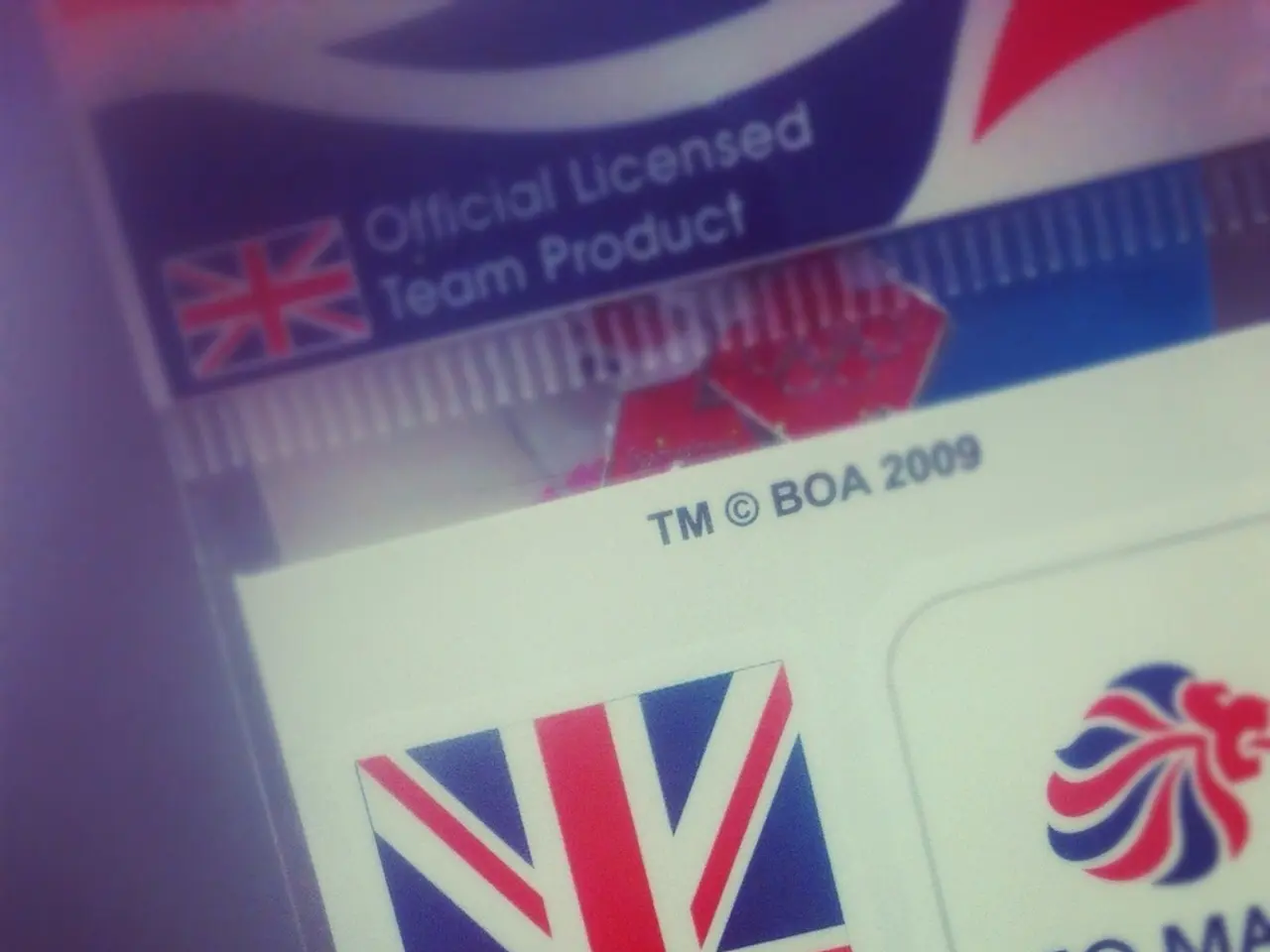"Regulations on Private Money Management Among Companions and Relatives"
In the world of startups, securing funding is a crucial step towards success. One way companies can raise capital is through exemptions from the registration requirements set by the Securities and Exchange Commission (SEC). Three such exemptions – Rule 504, 505, and 506 – are commonly used by startups, each with its own set of rules and regulations.
Rule 506 is the most frequently used exemption, particularly by startups. It allows offers only to pre-existing contacts, who can be either accredited investors or not. Rule 506(b) specifically allows a startup to raise unlimited capital from an unlimited number of accredited investors and up to 35 non-accredited investors. However, there are important conditions for involving non-accredited investors. No general solicitation or advertising is permitted for Rule 506(b) offerings. Non-accredited investors who participate must be sophisticated, meaning they have sufficient knowledge and experience in financial and business matters to evaluate the investment's risks and merits. When non-accredited investors are involved, the issuer must provide detailed disclosures to ensure they understand the investment, which is stricter compared to offerings only involving accredited investors. The total number of non-accredited investors allowed is capped at 35, and all investors must receive all material information equivalent to what would be required in a registered offering.
Rule 505, on the other hand, allows startups to raise up to $5 million in a 12-month period, but the number of non-accredited investors is limited to 35. Similar disclosures to that of a public offering are required. Unlike Rule 506, Rule 505 has state registration requirements.
Rule 504 allows companies to offer and sell up to $1,000,000 of securities in a 12-month period without federal registration requirements, but with state registration requirements such as California's Rule 25102(f). This rule also allows raising an unlimited amount from non-accredited investors, but with similar disclosures to that of a public offering.
In California, a company can sell securities to an unlimited number of accredited investors and company executives, and up to 35 non-accredited investors, under Rule 25102(f), as long as the non-accredited investors have a preexisting personal or business relationship with the seller or have the capacity to protect their own interests.
It's essential to note that failure to comply with securities regulations can result in legal consequences for investment clubs, real estate investment clubs, and other entities. Companies relying on these exemptions must still take care to provide sufficient information to investors to avoid violating the anti-fraud provisions of the securities laws.
Securities issued under Rule 504 will typically be restricted securities, which could be very difficult to resell for at least a year after purchase and may also transfer the restricted status to a new buyer. Rule 506 remains the most attractive option for raising capital because of state law preemption, but for those in states like California without rich uncles, Rule 504 is a good alternative because this state has a "friends, family, and business partners" exemption.
In conclusion, understanding the rules and regulations surrounding securities exemptions is crucial for startups looking to raise capital. Each exemption – Rule 504, 505, and 506 – has its own set of rules, benefits, and drawbacks, and it's essential to choose the one that best suits the startup's needs while complying with all relevant securities laws.
In the realm of personal-finance, startups can consider various exemptions for fundraising. Rule 504, for instance, allows companies to raise up to $1,000,000 without federal registration requirements, but with state registration like California's Rule 25102(f). On the other hand, investing in personal-finance might involve understanding the complexities of Rule 506, which allows a startup to raise unlimited capital from pre-existing contacts, but with strict conditions for non-accredited investors. Rule 505, too, permits startups to raise up to $5 million, but with a limit of 35 non-accredited investors.




